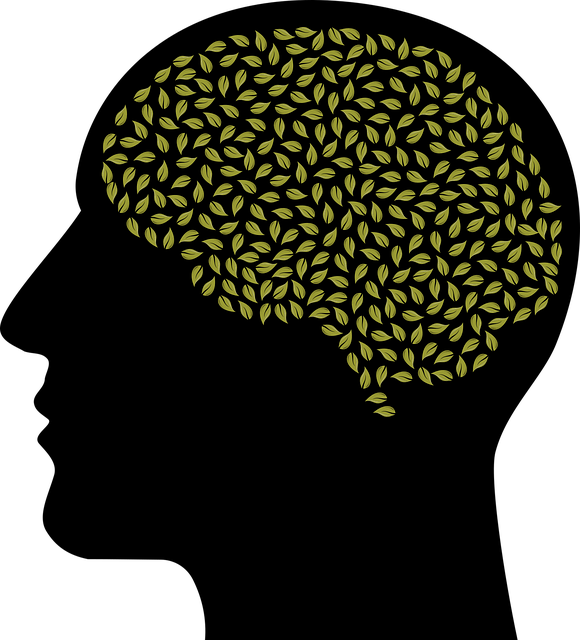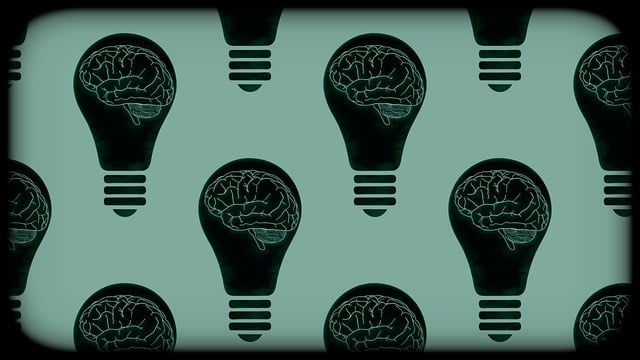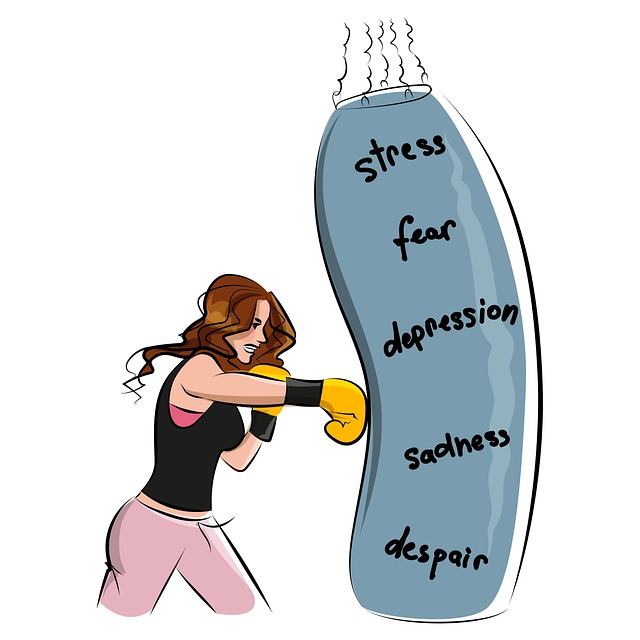Highlands Ranch Crisis Counseling Therapy provides comprehensive Social Skills Training tailored for individuals with mental health conditions. By focusing on communication, interaction, and relationship building, their program equips clients with tools like active listening, nonverbal communication, and empathetic engagement. Through targeted exercises, role-playing, and positive thinking techniques, they enhance self-worth, confidence, and stress management skills. Integrating Trauma Support Services further empowers individuals to engage in social environments securely and build supportive networks, promoting better mental health and reducing feelings of isolation.
Social skills training is a powerful tool for improving mental health outcomes, especially among individuals navigating challenging conditions. This article explores the intricate link between social interactions and psychological well-being, highlighting the role of specialized programs like Highlands Ranch Crisis Counseling Therapy (HRCCT). Through key areas of focus, we uncover how HRCCT empowers clients to enhance their social abilities, fostering better relationships and overall mental resilience in daily life.
- Understanding the Connection Between Social Skills and Mental Health
- The Role of Highlands Ranch Crisis Counseling Therapy in Training
- Key Areas Focused Upon in Social Skills Training
- Benefits and Real-World Applications for Individuals with Mental Health Conditions
Understanding the Connection Between Social Skills and Mental Health

In today’s world, the importance of social skills in maintaining good mental health cannot be overstated. Social Skills Training plays a pivotal role in helping individuals with mental health conditions navigate their daily lives and interact effectively with others. At Highlands Ranch Crisis Counseling Therapy, we recognize that many mental health struggles stem from or are exacerbated by difficulties in social situations. These challenges can range from anxiety in social settings to impairments in communication skills, leading to feelings of isolation and depression.
By integrating Stress Reduction Methods and Cultural Sensitivity in Mental Healthcare Practice into our approach, we aim to empower individuals with the tools needed to build and maintain healthy relationships. Social Skills Training helps clients learn and practice appropriate behaviors for different social contexts, thereby fostering a sense of belonging and self-worth. Through these training sessions, individuals gain confidence in their ability to manage stress, communicate effectively, and connect with others on a deeper level.
The Role of Highlands Ranch Crisis Counseling Therapy in Training

Highlands Ranch Crisis Counseling Therapy plays a pivotal role in equipping individuals with mental health conditions for successful navigation in social settings. Through tailored programs, they offer comprehensive Social Skills Training that transcends surface-level interactions. This training delves into crucial aspects such as active listening, nonverbal communication, and empathetic engagement, fostering deeper connections and enhancing overall well-being.
Beyond direct skill acquisition, Highlands Ranch Crisis Counseling Therapy promotes Self-Care Practices and Coping Skills Development. They empower clients to recognize and manage their emotions effectively, navigate stress, and build resilience—essential tools for maintaining mental health in diverse social environments.
Key Areas Focused Upon in Social Skills Training

Social Skills Training for mental health conditions involves a multi-faceted approach designed to enhance communication, interaction, and relationship building. At Highlands Ranch Crisis Counseling Therapy, key areas of focus include teaching effective listening skills, improving nonverbal cues, and practicing assertive communication. These foundational elements are crucial for fostering meaningful connections and navigating social environments with confidence.
Through targeted exercises and role-playing scenarios, individuals receive practical tools to manage anxiety or distress in social situations. This training also incorporates positive thinking techniques and confidence-boosting strategies, which have been shown to significantly improve mental well-being. Additionally, Trauma Support Services are integrated where necessary to help clients process past experiences and develop healthy coping mechanisms, ensuring they can engage in social interactions with a sense of safety and security.
Benefits and Real-World Applications for Individuals with Mental Health Conditions

Social skills training offers numerous benefits for individuals navigating mental health conditions. By learning and practicing effective communication strategies, people can improve their ability to connect with others, foster meaningful relationships, and build a supportive network—crucial elements in managing and enhancing overall well-being. This form of therapy enables them to express themselves, assert boundaries, and interpret social cues, thereby reducing feelings of isolation and anxiety often associated with mental health struggles.
In the real world, these skills prove invaluable. For instance, training can empower individuals to actively participate in group settings, such as support groups or community activities, enhancing their sense of belonging. This is particularly relevant for those seeking Highlands Ranch Crisis Counseling Therapy. Moreover, mental health education programs designed with a focus on social skills development can prevent depression by equipping people with the tools to navigate interpersonal challenges and build resilience. Stress management workshops organized around these principles also offer practical strategies to cope in high-pressure situations, promoting better stress reduction and overall mental health awareness.
Social skills training, as facilitated by programs like Highlands Ranch Crisis Counseling Therapy, plays a pivotal role in enhancing the lives of individuals struggling with mental health conditions. By focusing on key areas such as communication, empathy, and social interaction, these trainings empower people to navigate social environments more effectively. The benefits are profound, improving not only mental well-being but also fostering real-world applications that promote better relationships, increased support networks, and a higher quality of life.














